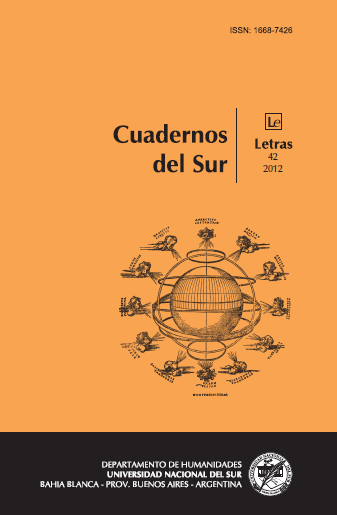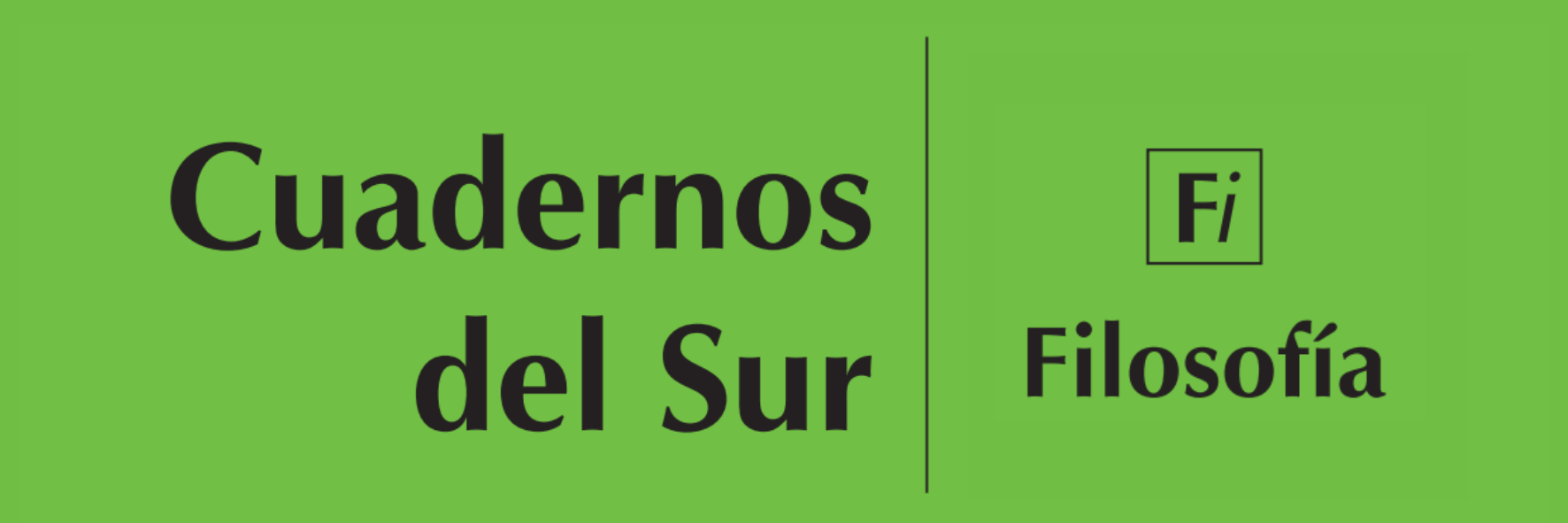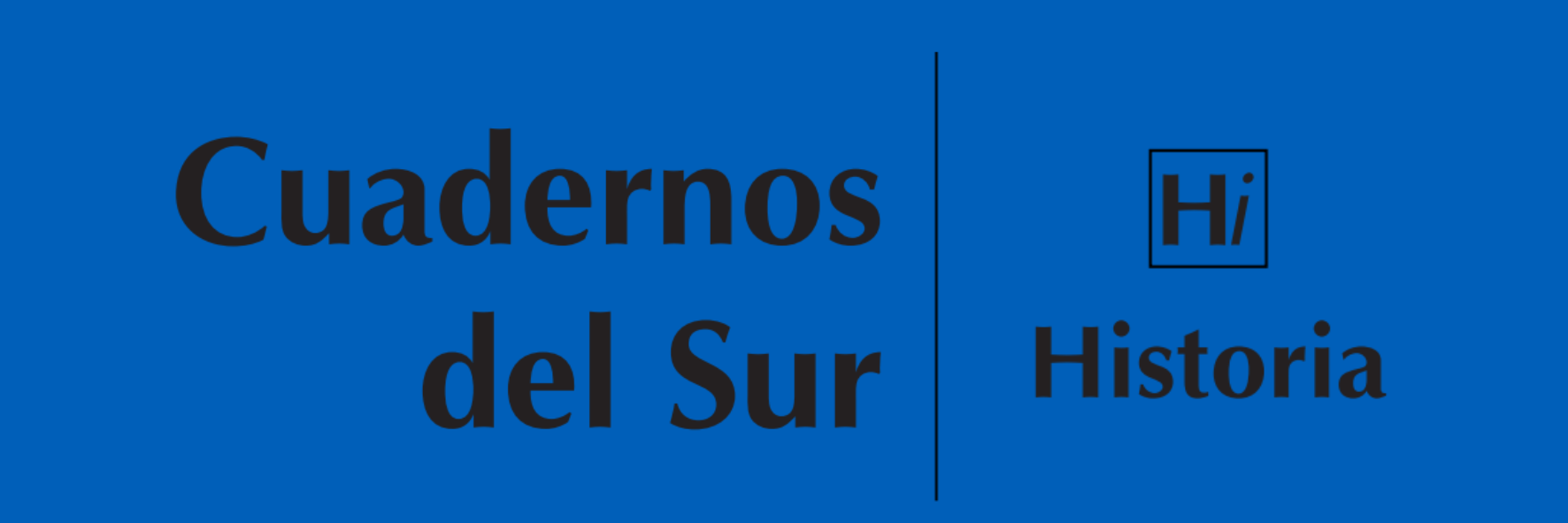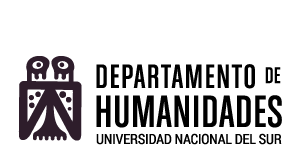Sátira y filosofía en los studia humanitatis: la influencia de Luciano y Epicuro en Lorenzo Valla, León Battista Alberti y Tomás Moro
Keywords:
Epicureanism, Lucian , RenaissanceAbstract
During the fifteenth century, the new interest in the recovery of the ancient culture brought to light the De rerum natura from Lucretius and the Lives and Opinions of Eminent Philosophersfrom Diogenes Laërtius. Both texts had an impact on the new interest in the epicurean sect, which had begun before this findings. At the same time, the utilization of texts from Lucian of Samosata by Manuel Chrysoloras in his Greek classes in the city of Florence provoked a series of imitations and reformulation of the satiric works of this author. In this article, we propose an analysis of the particular way in which Lorenzo Valla, Leon Battista Alberti and Thomas More used the satiric model from Lucian to present their representation and reformulation of the epicurean ideas, and to mock the philosophical ethos from different perspectives. From this point of view we will focus on three works: De vero falsoque bono (1433), Momus sive de principe (1450) and the Utopia (1516).
Downloads
References
Boyle, Marjorie O’Rourke (1981), Christening Pagan Mysteries: Erasmus in Pursuit of Wisdom, Toronto, University of Toronto Press.
Bracht Branham, Robert (1985), “Utopian Laughter: Lucian and Thomas More”, Moreana, vol. 86, pp. 23-43.
Brown, Alison (2010), The Return of Lucretius to Renaissance Florence, Cambridge, Harvard University Press.
Burucúa, José (2001), Corderos y Elefantes, Nuevos Apuntes Sobre La Modernidad Clásica, Buenos Aires, Miño y Dávila.
Delcourt, Marie, y Derwa, Marcelle (1968), “Trois Aspects Humanistes de L’epicurisme Chrétien”, en Bataillon, Marcel (ed.), Colloquium Erasmianum, Mons, Centre Universitarie de l’État, pp. 119-133.
Di Napoli, Giovanni (1971), Lorenzo Valla: Filosofia e Religione Nell’umanesimo Italiano, Roma, Edizioni di Storia e Letteratura.
Fois, Mario (1969), Il Pensiero Cristiano Di Lorenzo Valla Nel Quadro Storicoculturale Del Suo Ambiente, Roma, Libreria Editrice dell’Universitá Gregoriana.
Foucault, Michel (2001), La Hermenéutica Del Sujeto, Buenos Aires, Fondo de Cultura Económica.
Frye, Northrop (2000), Anatomy of Criticism, New Jersey, Princeton University Press.
Gambino Longo, Susanna (2004), Savoir de La Nature et Poésie Des Choses, Lucrèce et Épicure à La Renaissance Italienne, París, Honoré Champion.
Garin, Eugenio (1961), “Richerca sull’Epicureísmo Del Quattrocento”, en La Cultura Filosofica Del Rinascimento Italiano: Ricerche e Documenti, Florencia, Sansoni, pp. 72-93.
Gianneschi, Horacio (2002), Epicuro: dioses, religión y piedad, Buenos Aires, UNSAM.
Greenblatt, Stephen (2011), The Swerve: How the World Became Modern, New York, W,W, Norton & Cía.
Griffin, Dustin (1994), Satire, a Critical Reintroduction, Kentucky, University Press of Kentucky.
Jones, Judith P. (1971), “The Philebus and the Philosophy of Pleasure in Thomas More’s Utopia”, Moreana, vol. 31-32, pp. 61-70.
Knight, Sarah (2003), “Introduction”, en Alberti, León Battista, Momus, Cambridge, Harvard University Press, pp. vii-xxv.
Kraye, Jill (1988), “Moral Philosophy”, en Schmitt, Charles (ed), The Cambridge History of Renaissance Philosophy, New York, Cambridge University Press, pp. 301-386.
Kristeller, Paul (1996), Ocho Filósofos Del Renacimiento Italiano, Madrid, Fondo de Cultura Económica.
Lactancio, Lucio Cecilio Firmiano (2005), Divinarum Institutionum, Berlin, Walter de Gruyter.
Logan, George (1983), The Meaning of More’s “Utopia”, Princeton, Princeton University Press.
Lorch, Maristella de Panizza (1985), A Defense of Life, Lorenzo Valla’s Theory of Pleasure, Munich, W. Fink Verlag.
Marsh, David (1980), The Quattrocento Dialogue, Cambridge, Harvard University Press.
---------------- (1998), Lucian and the Latins: Humor and Humanism in the Early Renaissance, Ann Arbor, University of Michigan Press.
Onfray, Michel (2007), El Cristianismo Hedonista, Barcelona, Anagrama.
Panizza, Letizia (1978), “Lorenzo Valla’s De Vero Falsoque Bono, Lactantius and Oratorical Scepticism”, Journal of the Warburg Institute, vol. 41, pp. 76–107.
Surtz, Edward (1957), The Praise of Pleasure: Philosophy, Education and Communism in More’s Utopia, Cambridge, Harvard University Press.
Downloads
How to Cite
Issue
Section
License
Copyright (c) 2012 Mariano Vilar

This work is licensed under a Creative Commons Attribution-NonCommercial-ShareAlike 4.0 International License.
Aquellos autores/as que tengan publicaciones con esta revista, aceptan los términos siguientes:
- Los autores/as conservarán sus derechos de autor y garantizarán a la revista el derecho de primera publicación de su obra, el cuál estará simultáneamente sujeto a la licencia Atribución-No Comercial-CompartirIgual 4.0 Internacional CC BY-NC-SA 4.0.
- Los autores/as podrán adoptar otros acuerdos de licencia no exclusiva de distribución de la versión de la obra publicada (p. ej.: depositarla en un archivo telemático institucional o publicarla en un volumen monográfico) siempre que se indique la publicación inicial en esta revista.
- Se permite y recomienda a los autores/as difundir su obra a través de Internet (p. ej.: en archivos telemáticos institucionales o en su página web) una vez publicado su trabajo, lo cual puede producir intercambios interesantes y aumentar las citas de la obra publicada. (Véase El efecto del acceso abierto).










